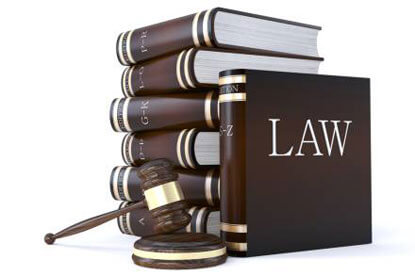
On Thursday, a federal appeals court in Boston entertained arguments regarding a Massachusetts middle school’s decision to instruct a student to cease wearing a T-shirt bearing the slogan “There are only two genders.” The court seemed doubtful that the school’s action violated the student’s right to free speech.
Background and Arguments
Liam Morrison, a 13-year-old student represented by attorney David Cortman of the Alliance Defending Freedom, asserted that Nichols Middle School in Middleborough infringed upon his First Amendment rights by compelling him to discontinue wearing the shirt. Cortman contended that the school censored Morrison’s dissenting viewpoint against its pro-LGBTQ positions, which included promoting the notion that biology alone does not determine sex through posters and Pride Month festivities.
Want to know if you’re earning what you deserve? Find out with LawCrossing’s salary surveys.
Cortman emphasized, “What the school cannot do, even though they could share their views, is decide that only students who agree with those views can speak, but anyone who disagrees should be silenced.”
However, the judges, all appointed by Democratic presidents, raised concerns about the necessity of the school’s actions to maintain a safe and inclusive environment for nonbinary students and prevent disruptions caused by the controversial shirt.
Legal Analysis and School’s Defense
Deborah Ecker, representing the Middleborough School Committee, defended the school’s actions as motivated by the well-being of LGBTQ students, asserting that the message on Morrison’s shirt was harmful and denied the existence and validity of nonbinary individuals.
Ecker stated, “I think that this message that there are only two genders is vile, and it says to someone who is nonbinary that you do not exist, that your validity does not exist, and it attacks the very core characteristic.”
U.S. Circuit Judge David Barron underscored the consequences that followed the initial incident, including threatening messages received by the school and the need to involve law enforcement due to ensuing protests.
“That’s all traced back to the shirt,” Barron remarked. “Had that not happened, none of it would have happened.”
The case reflects a broader trend of conservative legal challenges to school policies aimed at safeguarding LGBTQ students from harassment and affirming their pronouns and gender identities. The court’s deliberations will likely shape future debates surrounding free speech rights within educational settings and the balancing act between protecting marginalized groups and upholding individual expression.
Don’t be a silent ninja! Let us know your thoughts in the comment section below.
















































